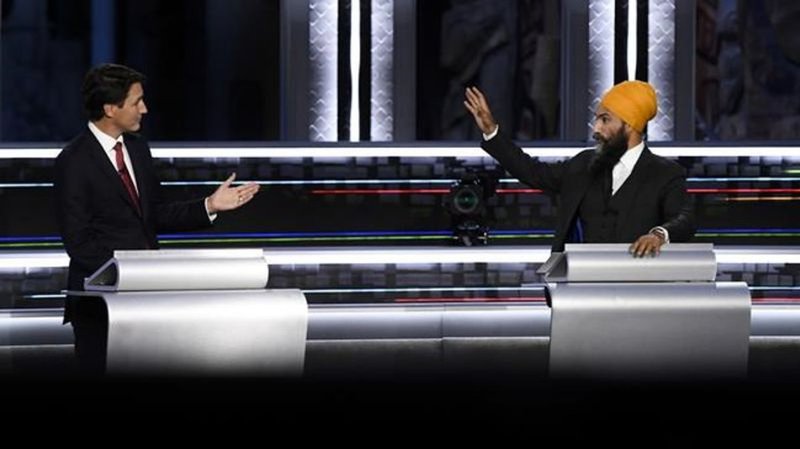
‘The people have spoken’: More focus on racism needed in campaign, activists say
OTTAWA — Federal leaders have not focused on addressing systemic racism during the campaign, despite the urgency of the issue after findings of unmarked graves at former residential schools and rising hate against minority communities during the COVID-19 pandemic, advocates say.
While the Liberals and NDP have included programs in their election platforms to tackle barriers that people of colour face, the Conservatives don’t mention the word “racism” even once in their 150-page election plan, said Fareed Khan of Canadians United Against Hate.
Regardless of promises, Khan said the lack of discussion by Liberal Leader Justin Trudeau and NDP Leader Jagmeet Singh of fighting racism during their campaign events makes him wonder how seriously they are taking the issue.
“On the one platform when it would make the biggest impact during an election, they haven’t talked about it,” Khan said.


